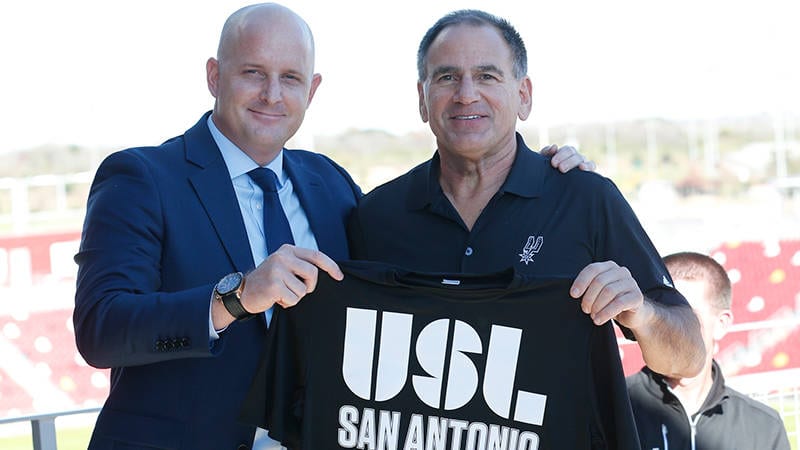by Kirk Wakefield – January 2018 People. Purpose. Performance. (Pictures.) S3 2018 Board Meeting Paul Epstein challenged the room of executives, managers and students to truly put people first. With over a decade of managerial experience in pro sports, most recently as Director of Sales at the San Francisco 49ers, Paul shared how their sales organization…Continue Reading Do you have your P’s in order?
Do you have your P’s in order?




